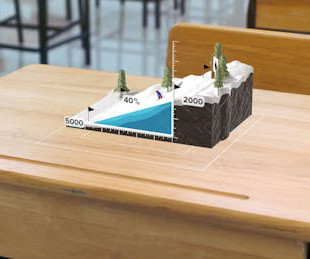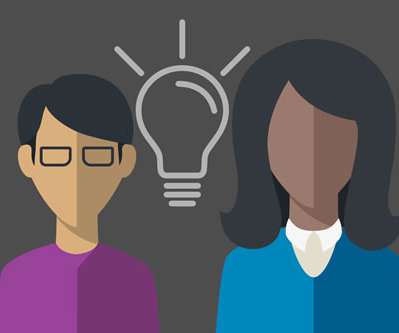How Augmented Reality Helps Teachers Reach More Students
Edsurge
JUNE 2, 2023
The use of AR can make learning more accessible while increasing the engagement of all students. AR can also create digital overlays on printed textbooks, allowing students to access additional content, such as videos or animations, with their mobile devices. You can just use your phone or any mobile device.”


















Let's personalize your content